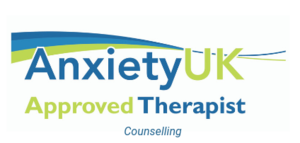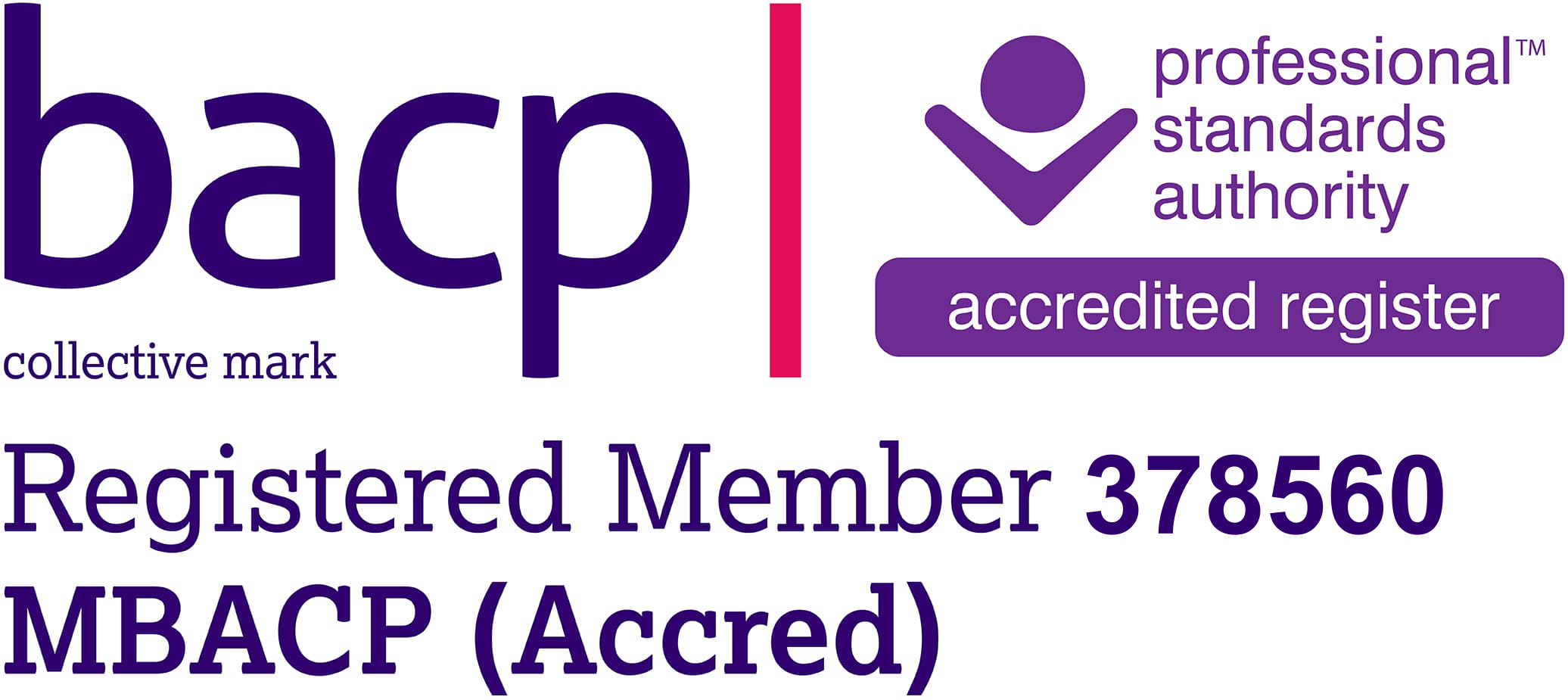Fees
RATES per individual sessions per 50 minutes session.
- £67.50 per session for online/telephone sessions (weekdays, 10-4pm).
- £80.50 for in-person sessions (weekdays, 10-4pm)
- £77.50 for evening online sessions.
- £90 for weekend in-person sessions.
RATES for couple therapy per 50 minutes session (Longer couples sessions may be available by arrangement.)
- £107/ session via video app during weekdays between 10am - 4pm
- £123/ session via video app after 4pm.
- £130/ session, in-person during weekdays 10am - 4pm
- £150/ session for weekend in-person 10am -1pm
I require payment within 24 hours of agreeing a session time for all sessions.
Note, If you require invoices and receipts a £10/session admin charge will be added.
I would be happy to discuss the possibility of offering a reduced rate. Please let me know if you meet any of the following criteria:
- Receiving Universal Credit or Jobseeker’s Allowance
- Single parents or individuals with dependents
Payment
I accept payment by bank transfer.
ONBOARDING
Short check-in - Optional free 15-Minute telephone call
Although I outline how I work on this website, I believe that finding a therapist you who suits you and who you feel you can trust, will make a huge difference to your comfort levels and the likelihood of successful outcomes.
That’s why I offer a brief telephone call, no longer than 15 minutes which is free of charge, as an option, to those who are genuinely considering beginning therapy with me.
This brief call isn’t a therapy session, but simply a chance for both of us to connect, for you to ask questions and for us to consider whether working together feels like the right fit. If, at the end of our call, we both feel comfortable moving forward, we can arrange a suitable time for a first session which is a full, 50-minute paid appointment that offers space to explore more deeply.
Because this is a time-limited check-in, if you feel you'd benefit from a longer conversation about your situation or want to explore more deeply before deciding, then it's best to go ahead and book a full initial assessment session (see below).
First session - Assessment
I hope to offer the initial session as a safe and confidential space to start to talk about the issues that are troubling you, the impact they are having on your life and aspects of your personal history. Its also a collaborative process where we have the opportunity to assess if we are a "good fit". You do not have to share anything that you do not feel ready to, but at this stage, it would be useful if you can describe what has brought you to therapy and what you are struggling with. You will also have the opportunity to externalise your expectations of therapy and identify your aims, essentially what you would like to achieve from counselling and explore the reality of what can be achieved together. I will ask you questions to help me develop my understanding of your difficulties, to enable me to assess your needs and determine whether I am able to provide the psychological support you need. If I think a referral to another counsellor or service is more appropriate, I will discuss this with you.
At the end of this session, if we both feel we are a good fit, we can agree on how best we can work together and set a time for the next session.
Frequency of Sessions
Therapy has been found to be most productive when most typically delivered once weekly. Having sessions fortnightly or less often, result in similar number of sessions to those having weekly sessions, so in the long run the financial costs are similar but it means your healing would be over a longer duration. Evidence-based research studies generally show an association between weekly therapy sessions and positive outcomes for clients. This appears to be especially important in the first stage of therapy, when you’re building rapport with your therapist and beginning to get to the core of things. Another reason is that weekly sessions helps with emotional safety and containing. Having your session at the same time each week lowers the stress and anxiety around attending therapy and creates often much needed stability and trust.
The sooner you get help, the faster you can get back to enjoying life.

